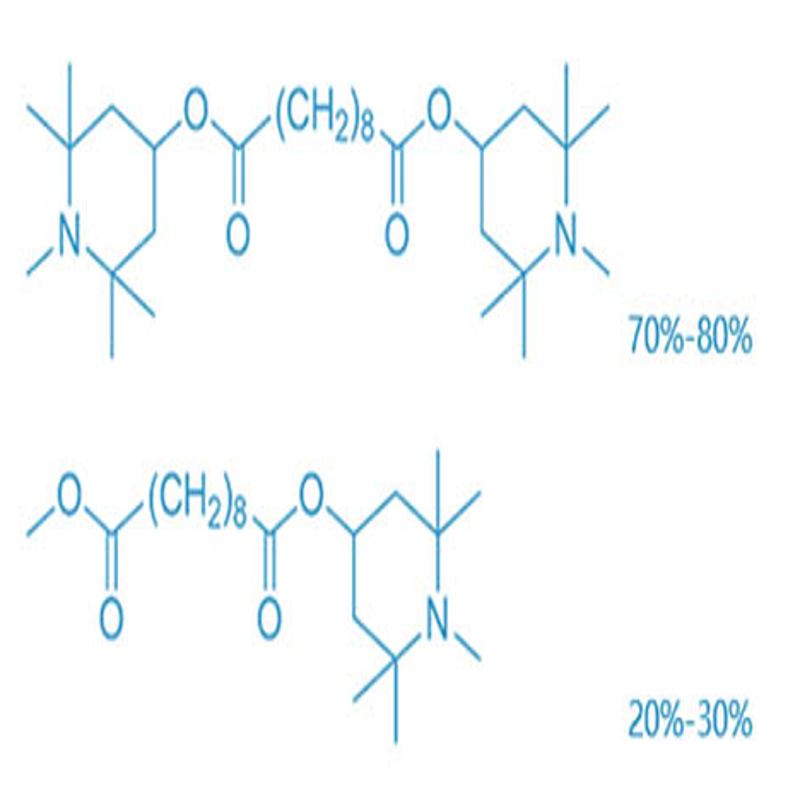-
Categories
-
Pharmaceutical Intermediates
-
Active Pharmaceutical Ingredients
-
Food Additives
- Industrial Coatings
- Agrochemicals
- Dyes and Pigments
- Surfactant
- Flavors and Fragrances
- Chemical Reagents
- Catalyst and Auxiliary
- Natural Products
- Inorganic Chemistry
-
Organic Chemistry
-
Biochemical Engineering
- Analytical Chemistry
-
Cosmetic Ingredient
- Water Treatment Chemical
-
Pharmaceutical Intermediates
Promotion
ECHEMI Mall
Wholesale
Weekly Price
Exhibition
News
-
Trade Service
Poland plans to cancel the obligation of power groups to sell all electricity generated by their electricity trading, arguing that this rule, which has been implemented since 2018, has had a negative impact
on energy companies.
According to the government website, the government is expected to pass a draft
law abolishing this obligation in the second quarter of 2021.
In a statement, the climate ministry said: "Power producers .
.
.
It will still be possible to trade
on the exchange.
At the same time, electricity can be sold under bilateral contracts for economic reasons
.
”
Since the end of 2018, Polish power groups, including state-owned PGE, Enea, Energa and Tauron, have been forced to sell all their electricity
through exchanges.
The program was launched to prevent rising electricity prices, which is seen as a key move
in the development of Poland's energy market.
But rising carbon emissions costs and difficulties in raising capital from banks for refusing to work with coal-fired companies have added pressure
to state-owned enterprises.
Poland gets most of its electricity from coal, but rising emissions costs and the EU's climate policies have prompted the government to seek cleaner energy sources
.
Poland plans to cancel the obligation of power groups to sell all electricity generated by their electricity trading, arguing that this rule, which has been implemented since 2018, has had a negative impact
on energy companies.
According to the government website, the government is expected to pass a draft
law abolishing this obligation in the second quarter of 2021.
In a statement, the climate ministry said: "Power producers .
.
.
It will still be possible to trade
on the exchange.
At the same time, electricity can be sold under bilateral contracts for economic reasons
.
”
Since the end of 2018, Polish power groups, including state-owned PGE, Enea, Energa and Tauron, have been forced to sell all their electricity
through exchanges.
The program was launched to prevent rising electricity prices, which is seen as a key move
in the development of Poland's energy market.
But rising carbon emissions costs and difficulties in raising capital from banks for refusing to work with coal-fired companies have added pressure
to state-owned enterprises.
Poland gets most of its electricity from coal, but rising emissions costs and the EU's climate policies have prompted the government to seek cleaner energy sources
.







